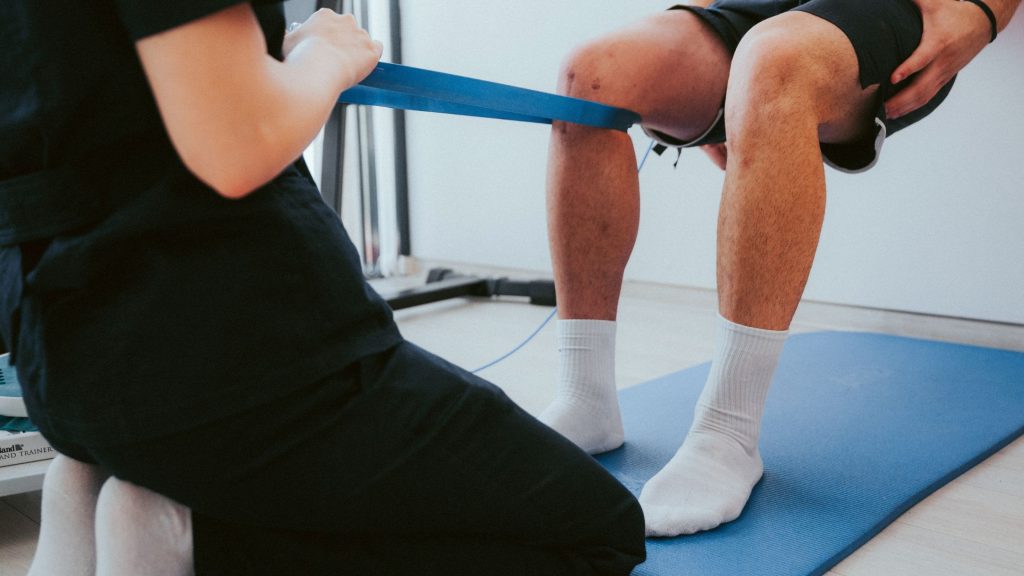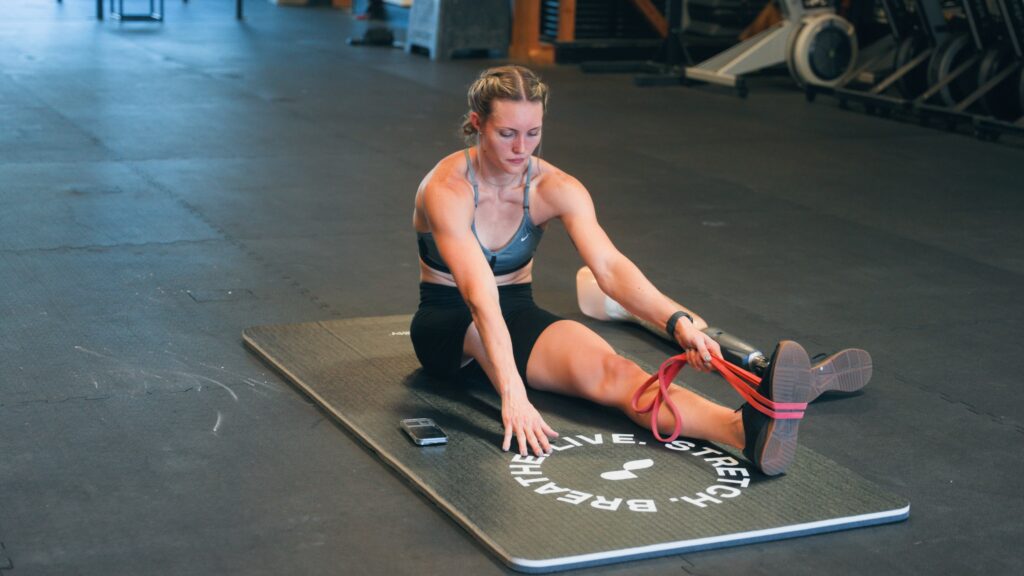
Sports injuries can be frustrating, painful, and sometimes even career-ending for athletes. While most people think of physiotherapy as a treatment after an injury, it is just as effective in preventing injuries in the first place. Through a combination of movement analysis, strength training, flexibility work, and education, physiotherapy helps athletes stay in peak condition while reducing the risk of injuries.
One of the key ways physiotherapy prevents sports injuries is by assessing an athlete’s movement patterns. Every person moves differently, and sometimes, small imbalances or poor movement mechanics can put excessive strain on certain muscles and joints. Physiotherapists are trained to identify these weaknesses and correct them before they lead to an injury. Whether it’s improper landing techniques in a footballer or a runner’s uneven gait, addressing these issues early can make a significant difference.
Building strength is another crucial aspect of injury prevention. Weak muscles and instability can lead to injuries, especially in high-impact or repetitive-motion sports. A physiotherapist can design personalized strength and conditioning programs to improve muscle balance and enhance joint stability. For example, strengthening the muscles around the knee can reduce the risk of ACL injuries, while core stability exercises can protect the lower back from strain.

Flexibility and mobility also play a major role in keeping athletes injury-free. Stiff muscles and restricted joints can lead to poor movement patterns, which increases the chance of strains and sprains. A physiotherapist can guide athletes through effective stretching and mobility exercises that improve range of motion and keep the muscles and joints working smoothly. Regular stretching, especially when tailored to an individual’s sport, can significantly reduce the likelihood of injuries like hamstring pulls or shoulder impingements.
Many professional athletes follow specific injury prevention programs designed by physiotherapists. These programs often include warm-up routines that prepare the body for movement, balance exercises to improve coordination, and proprioception drills that enhance body awareness. For example, football teams often use the FIFA 11+ program, which has been proven to reduce injuries by improving strength, agility, and landing mechanics. These types of structured programs can be adapted for athletes at all levels.

Beyond physical exercises, education is a key component of physiotherapy in injury prevention. Many injuries occur due to overtraining, inadequate recovery, or improper warm-up and cool-down routines. Physiotherapists educate athletes on how to listen to their bodies, recognize early signs of strain, and incorporate recovery techniques such as foam rolling, hydration, and sleep into their routine. This knowledge empowers athletes to take care of their bodies and avoid injuries before they happen.
Additionally, physiotherapy can address minor discomfort before it turns into a full-blown injury. Small niggles, stiffness, or pain are often early warning signs that something is not right. Instead of ignoring these symptoms, visiting a physiotherapist can help identify and resolve the issue before it worsens. Regular check-ins with a physiotherapist can be a valuable part of an athlete’s routine, much like a fitness assessment or nutrition plan.
Proper movement and posture are also essential in avoiding injuries. Poor posture during sports can lead to excessive stress on certain muscles and joints, increasing the risk of overuse injuries. Physiotherapists help athletes maintain correct alignment, whether it’s keeping a neutral spine while lifting weights or ensuring proper knee positioning while jumping. Even small adjustments in technique can prevent injuries and improve performance.

While injuries can never be completely eliminated in sports, physiotherapy offers a proactive approach to reducing their likelihood. By improving movement, increasing strength, enhancing flexibility, educating athletes, and addressing small issues early, physiotherapy helps individuals stay active and perform at their best. Whether you are a professional athlete or someone who enjoys recreational sports, incorporating physiotherapy into your routine can keep you moving safely and confidently.
To book your appointment, call on the number below-
📞 Call 01604 385343 (Northampton) or 01908 713973 (Milton Keynes) or Book Online today!

